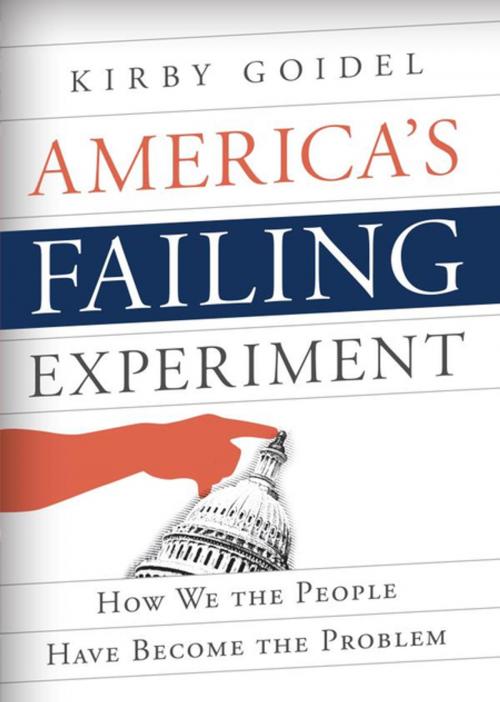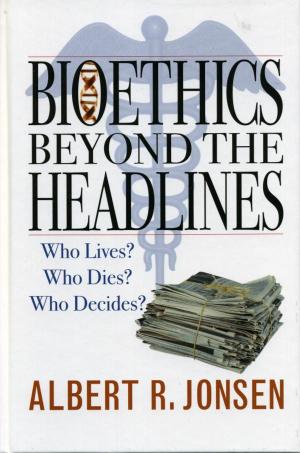America's Failing Experiment
How We the People Have Become the Problem
Nonfiction, Social & Cultural Studies, Political Science, Government, Public Affairs & Administration, Politics, Practical Politics| Author: | Kirby Goidel | ISBN: | 9781442226517 |
| Publisher: | Rowman & Littlefield Publishers | Publication: | December 12, 2013 |
| Imprint: | Rowman & Littlefield Publishers | Language: | English |
| Author: | Kirby Goidel |
| ISBN: | 9781442226517 |
| Publisher: | Rowman & Littlefield Publishers |
| Publication: | December 12, 2013 |
| Imprint: | Rowman & Littlefield Publishers |
| Language: | English |
Written in a provocative, jargon-free style ideal for stimulating classroom discussion, America’s Failing Experiment directly challenges would-be reformers who believe the solution to our current political paralysis is more democracy. Kirby Goidel finds that the fault for our contemporary political dysfunction resides not with our elected officials but with our democratic citizenries. He argues that our elected officials are overly responsive to public opinion which is often poorly informed, incoherent, and uncertain. The result is a more polarized political system, rising inequality, and institutional gridlock. Though not new, these concerns take on deeper political significance in a digital age where information flows more quickly and opportunities for feedback are virtually unlimited. If the diagnosis is too much democracy, the counterintuitive solution runs against our cultural norms—less citizen involvement, greater discretion for political elites, and greater collective responsibility.
Written in a provocative, jargon-free style ideal for stimulating classroom discussion, America’s Failing Experiment directly challenges would-be reformers who believe the solution to our current political paralysis is more democracy. Kirby Goidel finds that the fault for our contemporary political dysfunction resides not with our elected officials but with our democratic citizenries. He argues that our elected officials are overly responsive to public opinion which is often poorly informed, incoherent, and uncertain. The result is a more polarized political system, rising inequality, and institutional gridlock. Though not new, these concerns take on deeper political significance in a digital age where information flows more quickly and opportunities for feedback are virtually unlimited. If the diagnosis is too much democracy, the counterintuitive solution runs against our cultural norms—less citizen involvement, greater discretion for political elites, and greater collective responsibility.















